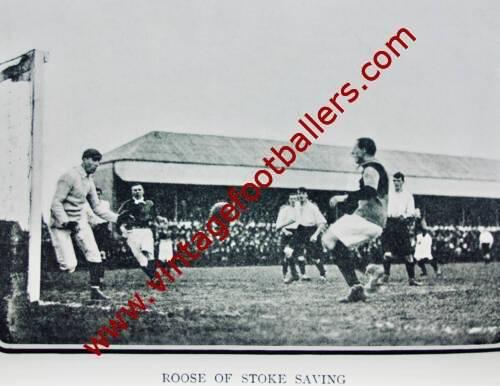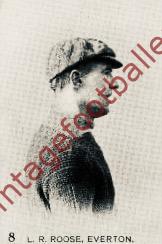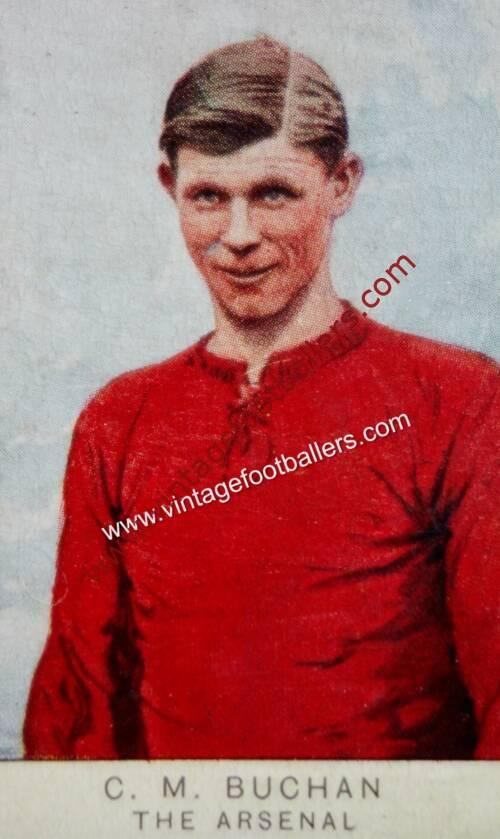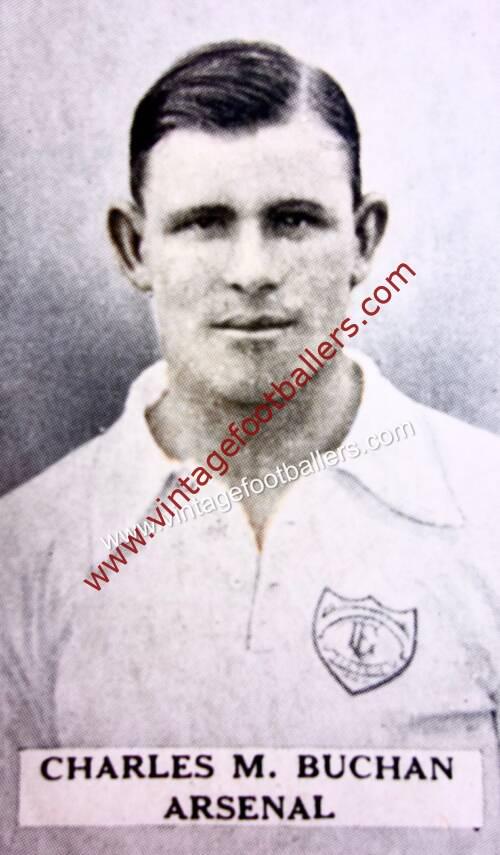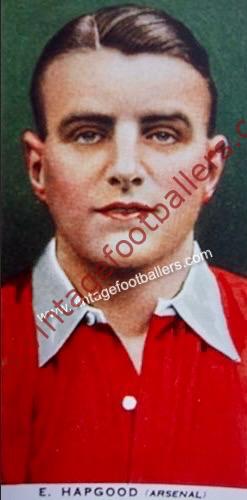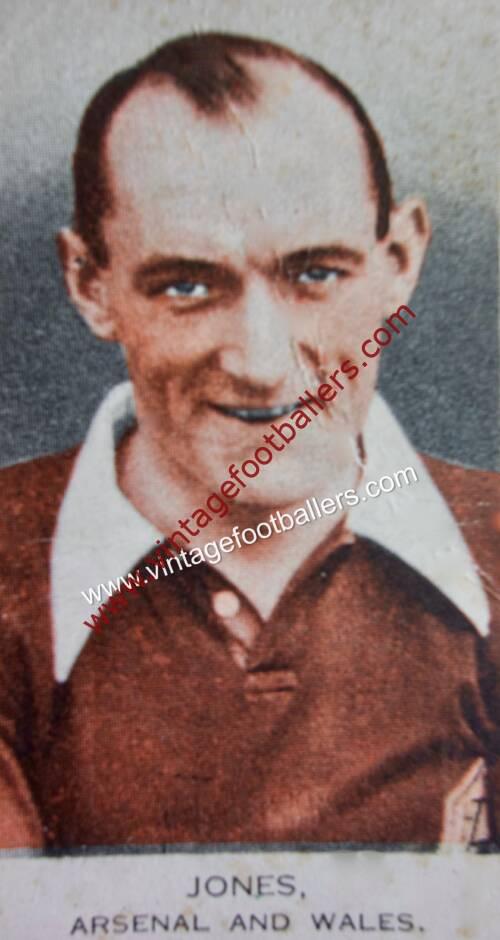Please choose your photo size from the drop down menu below.
If you wish your photo to be framed please select Yes.
Note: 16″x 20″not available in a frame.
Images can also be added to accessories. To order please follow these links
£8.95 – £49.95
Please choose your photo size from the drop down menu below.
If you wish your photo to be framed please select Yes.
Note: 16″x 20″not available in a frame.
Images can also be added to accessories. To order please follow these links
One of the most celebrated footballers of the Edwardian era and also well known as a footballing eccentric, Holt, nr Wrexham, Clwyd born amateur goalkeeper Leigh Richmond “Dick” or “Mond” Roose was well qualified to play in goal weighing over 13 stone, a specialised position that was, in the Edwardian era, particularly physically challenging. On leaving Holt Academy in 1895, he went on to study at Aberystwyth University where he played for the University while studying medicine and played for Aberystwyth Town from 1895 to 1900, playing for the club on 85 occasions. His debut came in a 6-0 win over the Shropshire team Whitchurch in October 1895, and he was carried from the pitch shoulder-high following the team’s 3-0 victory over Druids in the Welsh Cup Final of 1900. It was during this phase of his career that Roose was seen playing by the eminent Welsh historian Thomas Richards, who would later refer to him as “Yr Ercwlff synfawr hwn” (“This wondrous Hercules”).
Roose’s international career began in February 1900, when he played for Wales in a 2-0 defeat of Ireland at The Oval, Llandudno. He won a total of 24 caps, turning out for his last international match against Scotland in March 1911. He was one of Wales’s key players when the team won the British Home Championship for the first time in 1907. Since Wales did not play their first international match against an opponent from outside the Home Nations until 1933, all of Roose’s matches were played against England, Scotland or Ireland. He also appeared for Wales Amateurs in 1911.
He played for Druids in 1900 and London Welsh between 1900 and 1901, before being signed by First Division club Stoke, for whom he made his Football League debut against Blackburn Rovers in October 1901. Roose made 89 appearances for The Potters from 1901 to 1904 and a further 70 from 1905 to September 1907, the latter spell being terminated by a broken wrist. Roose kept 40 clean sheets during his Stoke career, a remarkable record not least because his team flirted dangerously with relegation in 1901, 1902 and 1904. Roose punctuated his two spells at Stoke with 24 appearances for Everton. He arrived part way through the 1904-05 season and replaced the Irish goalkeeper Billy Scott, who had conceded 17 goals in the first 12 games of the season. Roose kept 8 clean sheets for Everton, a record proportionately better even than that he had set at Stoke, as Everton finished runners up in the League Championship. He also helped The Toffees reach the semi-final of the FA Cup in March 1905, where they were defeated in a replay at The City Ground, Nottingham by eventual winners Aston Villa.
After leaving Stoke for a second time, Roose went on to play in 99 matches for Sunderland between 1907 and 1910, helping the club to finish third in the League Championship on two occasions, and “almost single-handedly” saving the team from relegation on a third. When his Sunderland career was terminated by a second broken wrist, there was some call for Roose’s services to be recognised with a testimonial. Since the player’s amateur status forbade this, an illuminated address was presented instead.
In the course of his career, Roose also turned out for Port Vale and Celtic (both in 1910). He played one match for Celtic, a Scottish Cup semi final which Celtic lost 3-1 to Clyde on 12th March 1910. He made his mark on this game by running after the goalscorer of the last of the Clyde goals and shaking his hand! Other clubs he represented on at least one occasion included Second Division club Huddersfield Town (April 1911, 5 appearances), Aston Villa (September to October 1911, 10 appearances) and Woolwich Arsenal (December 1911 to April 1912, 13 appearances). He returned to Aberystwyth Town later in 1912 and finished his career with Llandudno Town joining them in 1914.
There are many stories of Roose, his style, his bravery, his goalkeeping brilliance, his eccentricity, his remarkable football career that made him a significant celebrity. Perhaps the tragedy of his death reflects many of his qualities. Although well above the age of the average recruit, Roose joined the British Army on the outbreak of the First World War in 1914, and served in The Royal Army Medical Corps in France and Gallipoli. He returned to London and enlisted as a private of The Royal Fusiliers in 1916 and then served on the Western Front, where his goalkeeping abilities resulted in his becoming a noted grenade thrower.
He was awarded the Military Medal for his bravery on the first occasion he saw action, the regimental history recording:
“Private Leigh Roose, who had never visited the trenches before, was in the sap when the flammenwerfer attack began. He managed to get back along the trench and, though nearly choked with fumes with his clothes burnt, refused to go to the dressing station. He continued to throw bombs until his arm gave out, and then, joining the covering party, used his rifle with great effect.” His award was gazetted on 21 September 1916.
Promoted to the rank of lance corporal, Roose was killed, aged 38, towards the end of the Battle of the Somme the next month. The exact location and manner of his death remain a matter of dispute. His body was not recovered, and his name appears on the War Memorial to Missing Soldiers at Thiepval.
| Weight | N/A |
|---|
